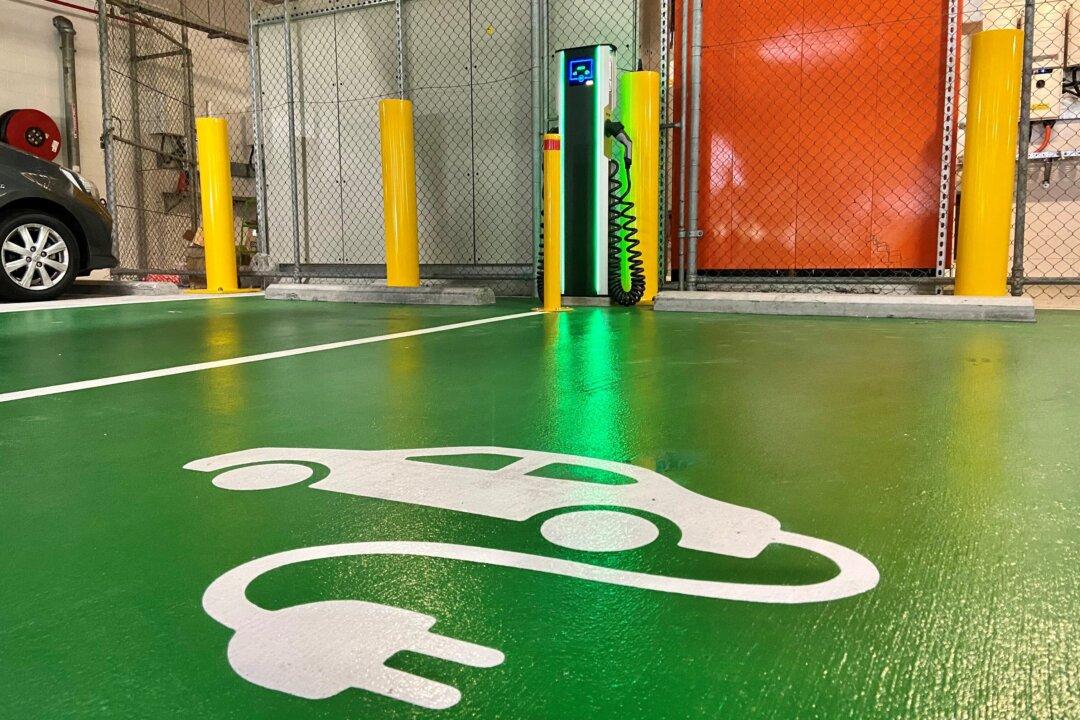Energy providers could have the option to switch off home EV charging stations remotely to reduce pressure on Queensland’s electricity grid.
The proposal is part of the Australian state’s Queensland Electricity Connection Manual (QECM), which provides a framework for the grid’s operation.





